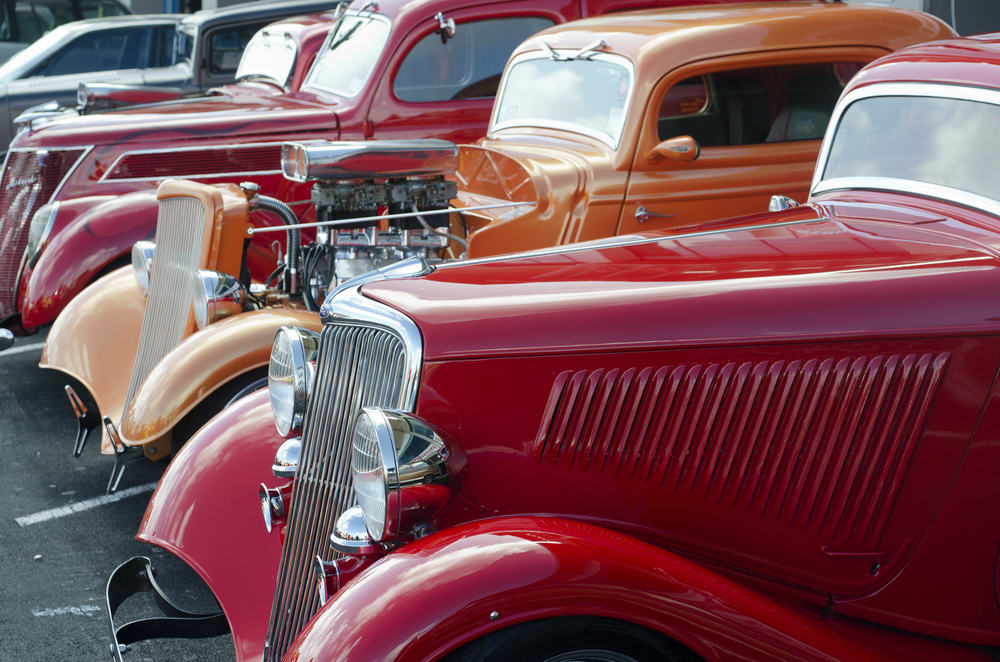

Classic cars, which are those that are at least 10 years old and have historical interest based on production numbers or workmanship, certainly play a siren song for many who want to relive memories from their youth. However, before you jump into a classic car purchase, there are five essential things you need to know to make sure you are making the right decision.
Consider why you are buying
The main consideration when purchasing a classic car is why you’re buying it. Are you using it as an investment that you plan to sell? Do you want to restore it so you can drive it around and show it off? For many, buying a classic car is more of a hobby that they can enjoy during their free time. Keep in mind that if you plan to drive the car while fixing it up, those added miles on the road will ultimately decrease its potential resale value as well.
Know the potential
Given that there are some amazing steals out there for classic cars, you might think purchasing and re-selling one could provide a quick buck. However, this isn’t always the case. Carefully consider why the vehicle is so inexpensive, as well as diagnose what problems it might have. By the time you make repairs, you may discover that you put a lot more money in than you will ever recoup when you sell.
Avoid the rust bucket
We’ve all seen those shows where they transform a completely rusted out vehicle into a gorgeous head-turner. However, what those shows don’t tell you is that the car is no longer “factory original” – especially if you have to replace entire panels. A bubble here or there is an easy fix, but if you can see through something that should be solid, move on to another option.
Find an expert
If you have years of mechanic experience under your belt, you’ll likely be able to pinpoint any issues right away, and have the knowledge to fix them. If you don’t have this expertise, you need to find someone who can do a pre-purchase inspection before you buy. Otherwise, you could end up shelling out even more money when you discover the engine or another major component is junk.
Match the numbers
If you are in this for the money, take the time to match the VIN number to the transmission, engine and rear axle. If these all correspond to what was put on at the factory, you’ll be able to get considerably more out of the vehicle when you sell it.



